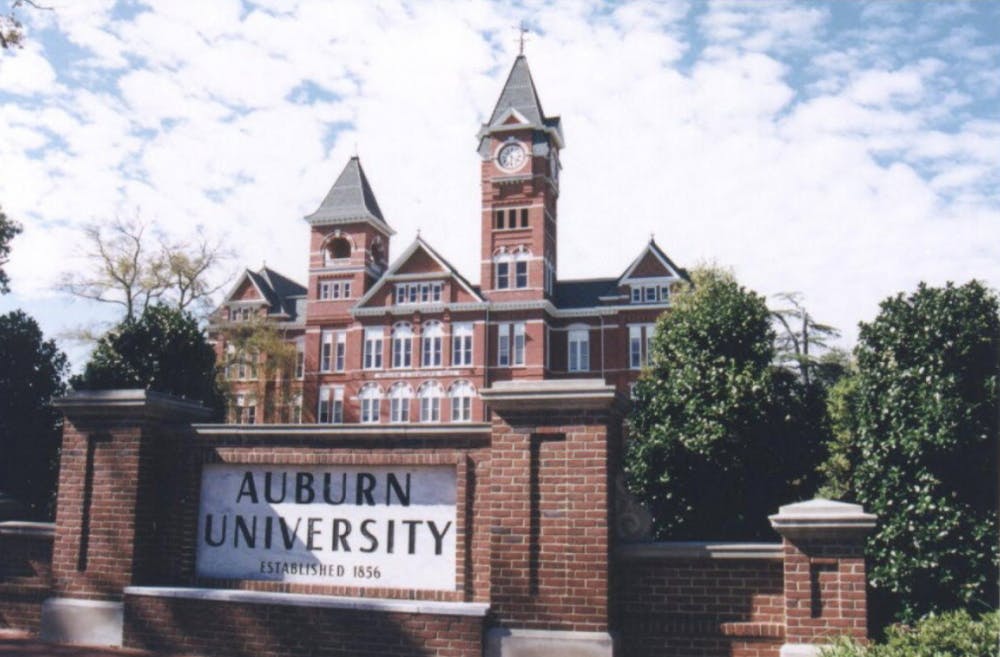AUBURN, ALA (EETV) – Auburn University administrators recently joined a group of prominent university, government, non-governmental organizations and business leaders to examine global food security challenges and develop strategies for public research universities to address.
June Henton, dean of the College of Human Sciences at Auburn, as well as Auburn’s incoming president Dr. Steven Leath, participated in the Challenge of Change Commission, which was convened by the Association of Public and Land-grant Universities with support from the W.K. Kellogg Foundation.
In addition, Paula Hunker, director of strategy and policy for Auburn’s Hunger Solutions Institute, served as chair of the Inclusion and Equity Working Group.
The commission unveiled its report and action plan in Washington, D.C., today, which centers on harnessing the vast academic, research and leadership capabilities of public research universities to address the interdisciplinary challenges of food and nutrition security.
The 34-member group received input from more than 100 individuals from universities, the public and private sector and non-governmental organizations who served as members of interdisciplinary working groups or expert advisors.
“We are very proud that Auburn University played such a prominent role in developing this landmark report,” said Henton. “It comes at a critical time when innovation and education of the next generation are critical to America’s leadership in helping achieve a zero hunger world.
“In addition, we are also pleased that many of our Presidents United to Solve Hunger colleagues, including Auburn’s new president, Dr. Steven Leath, also made major contributions.”
PUSH is a consortium of nearly 100 university presidents founded at Auburn and a key signature initiative of the Hunger Solutions Institute. PUSH presidents are committed to prioritizing food and nutrition security through teaching, research, outreach and student engagement.
Until now, a truly comprehensive, holistic approach that fully engages the scientific and educational resources at public research universities has been lacking. The Challenge of Change Commission began with the understanding that public research universities–a source of broad academic, research and community expertise and experience–were uniquely positioned to address the complex and diverse challenges of food and nutrition insecurity.
“Public research universities represent the world’s most powerful resource to address food and nutrition security,” said APLU President Peter McPherson. “The problems of food and nutrition insecurity are so complex and cut across so many areas of expertise. That vast array of expertise already exists at our institutions.”
The strategy designed by the commission includes all aspects of the food systems: production, nutrition, health, food safety and loss, economic costs, individual behaviors and incentives, as well as societal factors affecting food availability, access and use. The report lays out an approach for stakeholders in government, business and non-governmental organizations to work together to achieve their shared goal of global food security.







